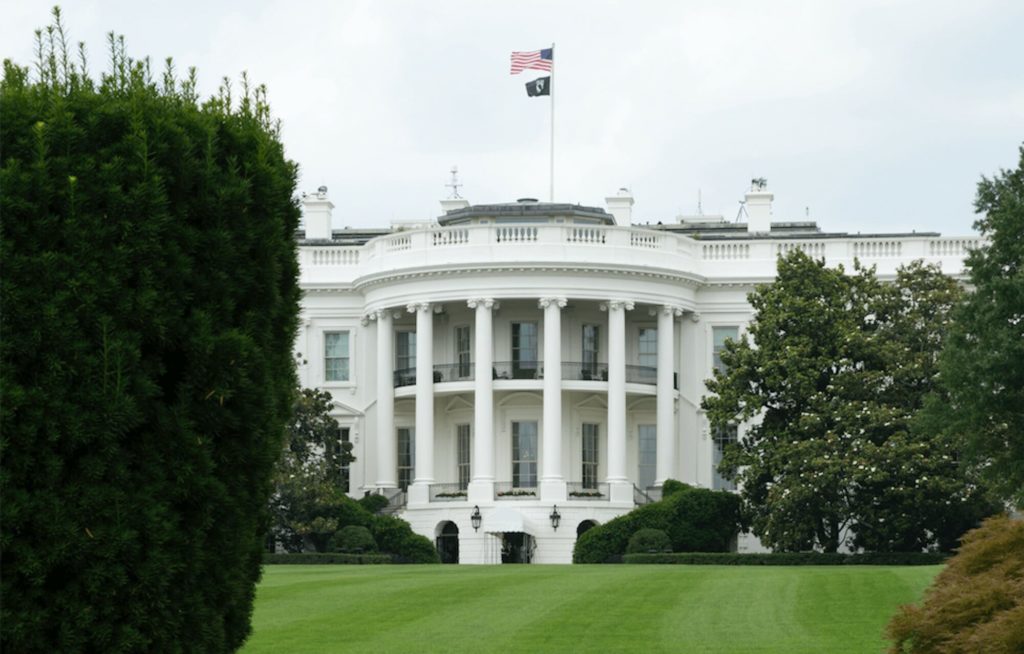There are many ways — fantastic and real — to call for a hero. You might flash a bat-shaped light in the sky. You might blow on a magic conch shell. If you want to summon Emerest Connect CEO and Chevra Hatzalah volunteer paramedic Josh Klein, you’ll find him through the walkie-talkie he keeps under his pillow.
“Running a large healthcare network now, the majority of my calls are after 12 a.m.,” Klein told McKnight’s Home Care Daily Pulse. “I credit my wife for letting me [volunteer] even though she sometimes has to wake up. I have a system of having my sneakers right at the door and running out. It propels me every day to do the volunteer work; it keeps me engaged.”

By day, Josh runs Emerest Connect, a remote technology home healthcare company. Emerest provides medical and other services to older adults at home through telehealth. By night, he volunteers as a paramedic. Klein spent 15 years as a certified EMT before becoming a certified paramedic immediately before the COVID-19 pandemic began in 2020. Being a paramedic requires quick thinking, resourcefulness and composure, all qualities that have served Klein well in both of his roles.
“The key factor in a paramedic’s role is assessment,” he said. “Assess what you have. Sometimes a little thing can give you a big clue and that’s what the primary role besides intervention as a paramedic is. That relates to anything in healthcare. What do you have in front of you? Listen to the people, your colleagues. Understand them, appreciate them and truly understand what their needs are. I cross that over all the time and it truly helps me be a much better leader.”
Responding to hundreds of COVID-19 emergencies during the first three months of the pandemic, Klein saw the value of home-based care firsthand. He estimates that for every 1,000 patients he served, 250 avoided unnecessary time in the hospital.
“Even when people are really sick, 55% of Americans prefer to die in their home,” Klein said. “There are very good hospitals and caring staff if somebody needs a real intervention obviously but overall, people would rather stay at home not just from a convenience standpoint but [the hospital] is just not a place that people just want to be.”
While Klein loves his volunteer work and prefers to do nothing else, there are emotional challenges unique to the vocation. Sometimes it takes him to places no sane person would ever want to go.
“The first day of Passover, an hour before seder, I was in my car and a call came in for a gentleman that was struck by a car,” said Klein, who is Jewish. “I was there within 30 seconds and there was not much to do. He was in traumatic arrest. This 23-year-old happened to end up being my childhood classmate’s son. I was the one with my partner to go notify my best friend that his son passed away. From an emotional standpoint was my holiday a mess? Absolutely. I always say the things that I saw nobody should see, but somebody’s got to see it. Somebody’s got to intervene.”
Motivated by this purpose, Klein has no intention of slowing down anytime soon. No matter how difficult a call may be, he’ll aim to be there. As the adage goes, not all heroes wear capes. In Klein’s case, some sport sneakers.
“I frankly can’t do one without the other. I love being a paramedic so much and it’s my life,” he said. “It truly is. As a home healthcare CEO, it keeps me so close to patients’ homes and it gives me insight every single day. It never lets me forget what the needs are for my patients. I’m super-proud to continue learning every single day, through my volunteering. It’s helped me be a better leader, a better communicator and a better listener.”
Home Sweet Home is a feature appearing Mondays in McKnight’s Home Care Daily Pulse. The story focuses on a heartwarming, entertaining or quirky happening affecting the world of home care. If you have a topic that might be worthy of the spotlight in Home Sweet Home, please email Special Projects Coordinator Foster Stubbs at [email protected].



